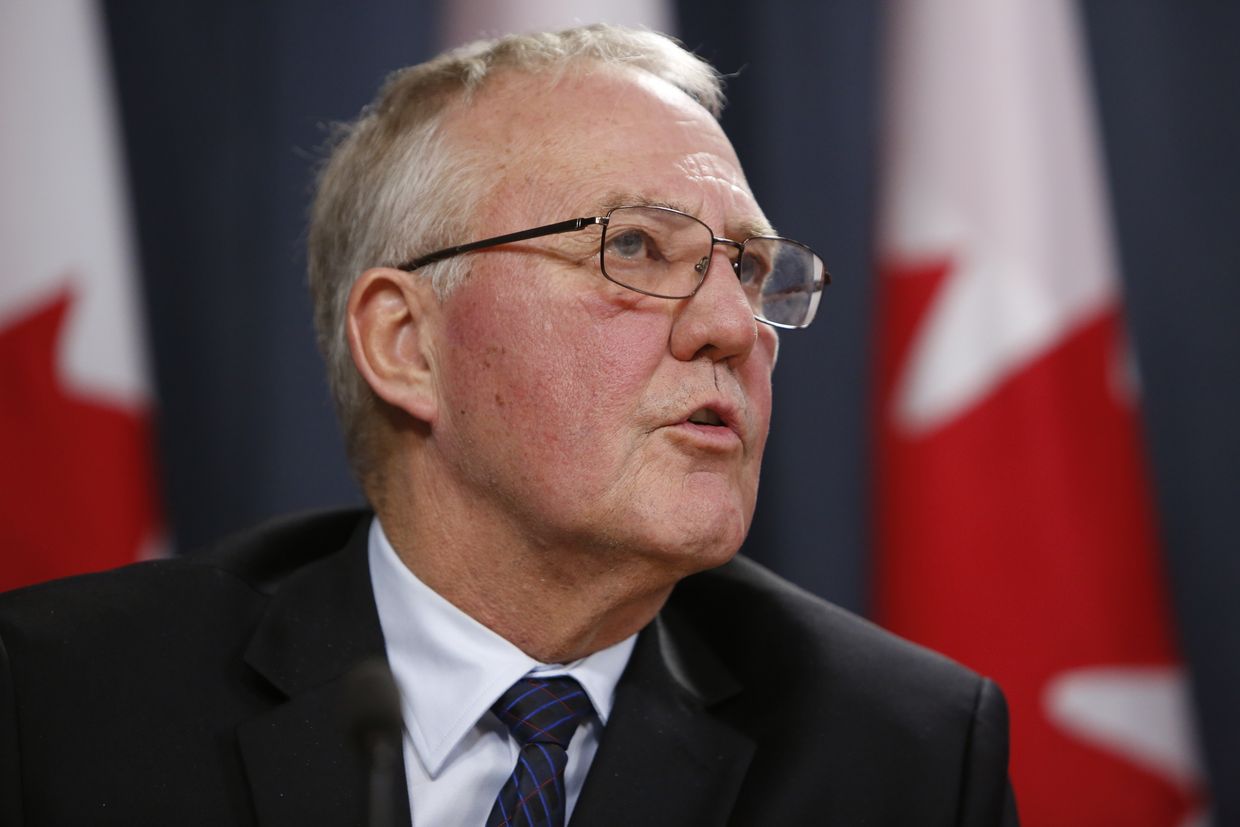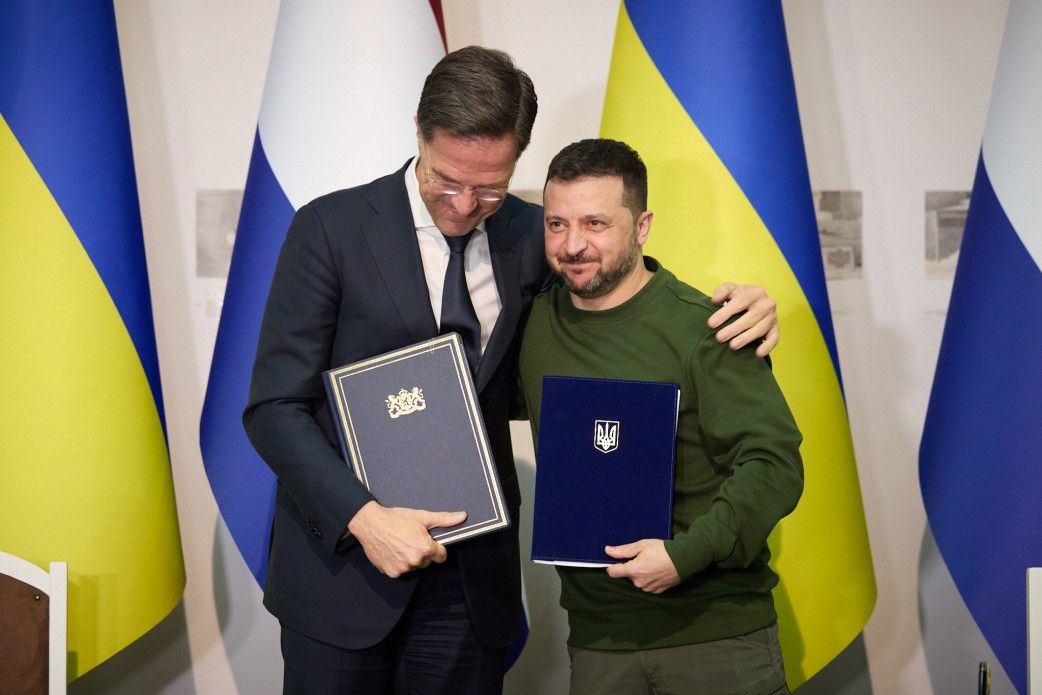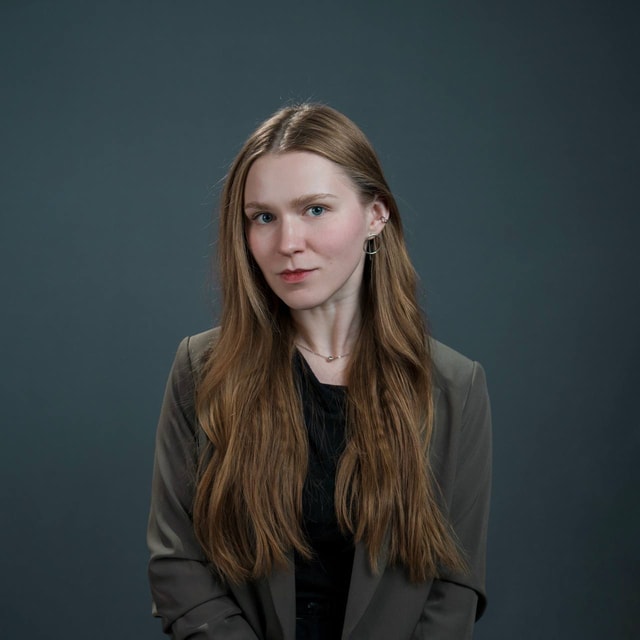Bloomberg: Macron-Scholz split hurting Ukraine

French President Emmanuel Macron and German Chancellor Olaf Scholz are not getting along, and Macron's recent suggestion of a possible deployment of Western troops in Ukraine has further fueled the disagreement, Bloomberg reported on March 1, citing unnamed officials familiar with the matter.
The reports about the alleged dispute between two leaders who are among Ukraine's key allies came amid Russia's attempts to advance in several sectors in the east and south of Ukraine following the withdrawal of Ukrainian troops from Avdiivka in Donetsk Oblast and uncertainty over stalled U.S. aid to Kyiv.
Macron's statement about the possible deployment of Western troops in Ukraine at the summit of European leaders in Paris on Feb. 26 was "deliberately ambiguous to create uncertainty for Russian military planners” but "went against the wishes of Scholz's office," unnamed officials familiar with the talks told Bloomberg.
According to Bloomberg, Scholz was rankled by Macron's criticism when he mentioned, hinting at Germany, that some allies had offered Ukraine "helmets and sleeping bags" amid the threat of a full-scale Russian invasion back in 2022.
Before the all-out war, Berlin consistently refused to provide Kyiv with weapons. After 2022, Germany became the second biggest military donor to Ukraine, although it has been hesitant to supply some key capabilities, namely Taurus long-range missiles.
Macron was earlier slammed over his calls to avoid “the humiliation” of Russia, but later he hardened his rhetoric. Paris delivered to Ukraine a number of long-range SCALP missiles, and Macron announced the coalition on Feb. 26 to supply Kyiv with "medium- and long-range missiles and bombs."
Bloomberg calls the reported disagreement over the possible sending of soldiers to Ukraine a sign of the two leaders’ “longstanding difficulties” in relations and different approaches, which can "jeopardize" the course of the war.
German government spokesperson Steffen Gebestreit denied in a comment to Bloomberg that Macron and Scholz had argued during the summit, saying "they have very different basic types, but they get along well and trust each other."
He said that the disagreement was between the French president and "the wider group who thought his comments out of line."
After Macron's statement, NATO Secretary-General Jens Stoltenberg, as well as leaders of Germany, the U.K., and other European NATO member states, ruled out sending Western troops to Ukraine.
Later, Estonian Prime Minister Kaja Kallas noted that European leaders should not exclude this possibility, saying this could be "a signal to Russia."
During a two-hour State of the Nation address on Feb. 29, Russian President Vladimir Putin threatened "tragic consequences" if NATO troops were sent to Ukraine, claiming the West's support for Kyiv "risks a conflict using nuclear weapons."













